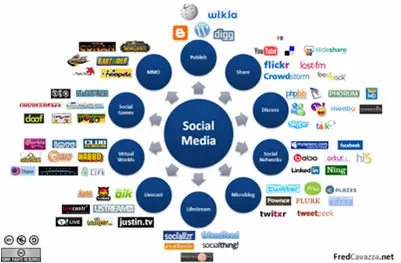One of the most talked about sessions at 2018 PRSA Maryland Conference held on June 12 featured four top thought leaders on influencer communications. On stage we had three influencers, two of whom are also in the PR/Communications profession, and an influencer strategist.
The panel discussion highlighted that PR professionals are well positioned to leverage social media influencer relationships and connect brands to targeted buyers. We are skilled at delivering business results for our organizations through earned media and the more we understand the perspectives of the influencer the better job we can do as PR professionals.
Here is a quick recap of what our panelists shared.
New York Times best-selling author Jill Smokler (aka Scary Mommy) shared with us her journey from mommy blogger to macro-influencer with a platform that partnered with major brands like Target. Before her platform was purchased she had more control over the content strategy decisions (which she liked) and she saw how having an investor changed the game. She recently left her role at Scary Mommy to pursue new opportunities where she can control the content strategy and tactics and discuss topics she finds interesting.
Christine Michel Carter reviewed her strategies as a micro-influencer sharing her views with other black millennial moms. She has consistently created content over the past ten years and she now has brands such as Brick Bodies sponsoring her content. She shares with her audience in an authentic fashion in order to engender the “know, like and trust” factor. One eye-opening point she made was in sharing how she measures the unicorns (impact of influencers). Her formula: Average engagement per post divided by the number of followers times 100. Her influencer score is 1.95% compared to Beyonce at 2.73%.
Jessica Fast from Abel Communications talked about how brands are looking for social media influencers to promote their products and services. She shared several case studies with the audience. She underscored that we need to understand influencers are not media outlets, they are people, not reporters telling your story. The power of the influencer is in their authenticity. “It’s hard from marketers and communicators to accept: you can’t control everything. Allow the relationship to be imperfect and authentic.” She also noted that we shouldn’t limit our thinking. “Don’t think about influencers as just individuals, explore relationships with influential groups.”
Margaret Nam from Planit, another micro-influencer who works with influencers for her clients, discussed the tactics she has used to grow her audience in the Baltimore marketplace and the new opportunities that have come her way as a result. She noted that micro-influencers provide more opportunities for added value content, a niche, targeted audience and lower cost.
How can associations use influencer communications to connect to potential members?
